The dreaded summer slide is a yearly concern for teachers and parents alike. Luckily, with a little extra effort students can build on their skills over the summer rather than lose them. Try these simple tips to prevent summer learning loss for your child this summer!
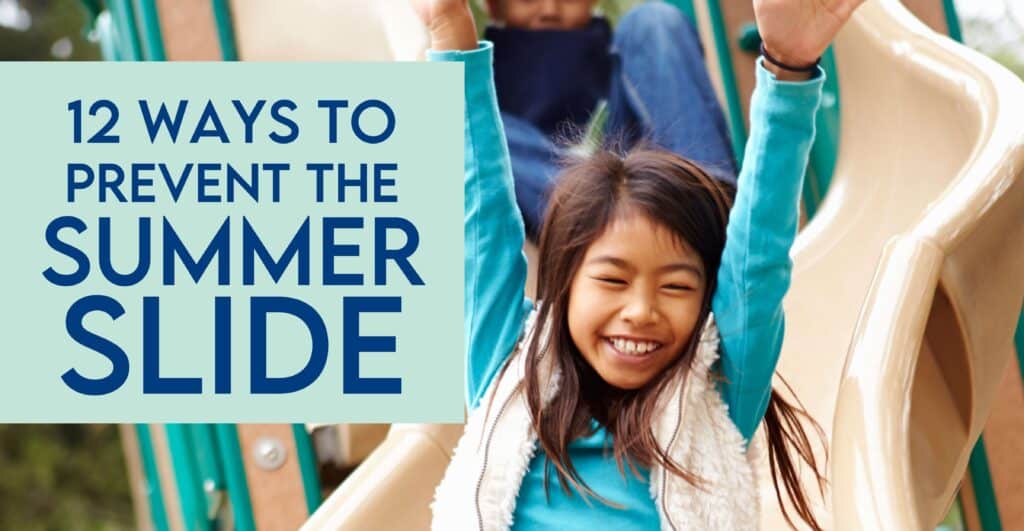
What is the “summer slide”?
Summer learning loss, or the “summer slide”, is the loss of academic skills gained throughout the school year when students have extended breaks from school.
Studies show that the average student can lose anywhere from 20-40% of the knowledge and skills gained throughout the school year. This regression causes students to enter the school year behind, making it difficult for them to catch up to the current grade level skills.
Studies show that the average student can lose anywhere from 20-40% of the knowledge and skills gained throughout the school year.
However, the negative impacts of the summer slide can be prevented with some fun and easy summer activities at home. It is completely possible to stop summer learning loss while still allowing kids to have the fun, freedom, and relaxation that summer is all about!
How to Prevent Summer Learning Loss
Try these simple tips to prevent summer learning loss this summer vacation.
Create a simple summer reading program
Reading is a critical skill that students are just learning to master in the younger grades, so it is crucial to maintain kids’ reading skills throughout the summer. Teach your child that reading can be an entertaining pastime by reading together for 30 minutes or more each day.
Make sure your child is reading books that are both enjoyable and challenging to them. In addition to the public library, there are lots of free online books for kids to use at home.
Plant a Garden
Not only is gardening a fun summer activity, it is also an excellent learning activity and a great way to help the planet. Learn about what types of plants can survive in your garden based on the climate you live in and the time of year. Then, plant the garden and learn what plants need to grow and survive. Take time to talk about the insects you see in the dirt and what they are doing!
Help your child make more learning connections by reading books about plant life cycles before and during your gardening activities.
Have kids help in the kitchen
Kids can build on math skills and reading skills by helping out with meals each day. Have your child measure out ingredients for a portion of dinner, or ask them to read you a recipe while you cook. The family bonding you will get is an added bonus for this activity!
Pick a pen pal
Find a friend or pen pal your child can exchange letters or postcards with. It’s a great way to keep kids writing and teaching children to write letters has strong social and emotional benefits.
Writing letters improves social skills and encourages good manners. It helps kids learn to formulate ideas, clarify what they want to communicate, and then convey their thoughts in writing. One of the biggest benefits I’ve seen is that writing letters helps students become better writers by making them better storytellers.
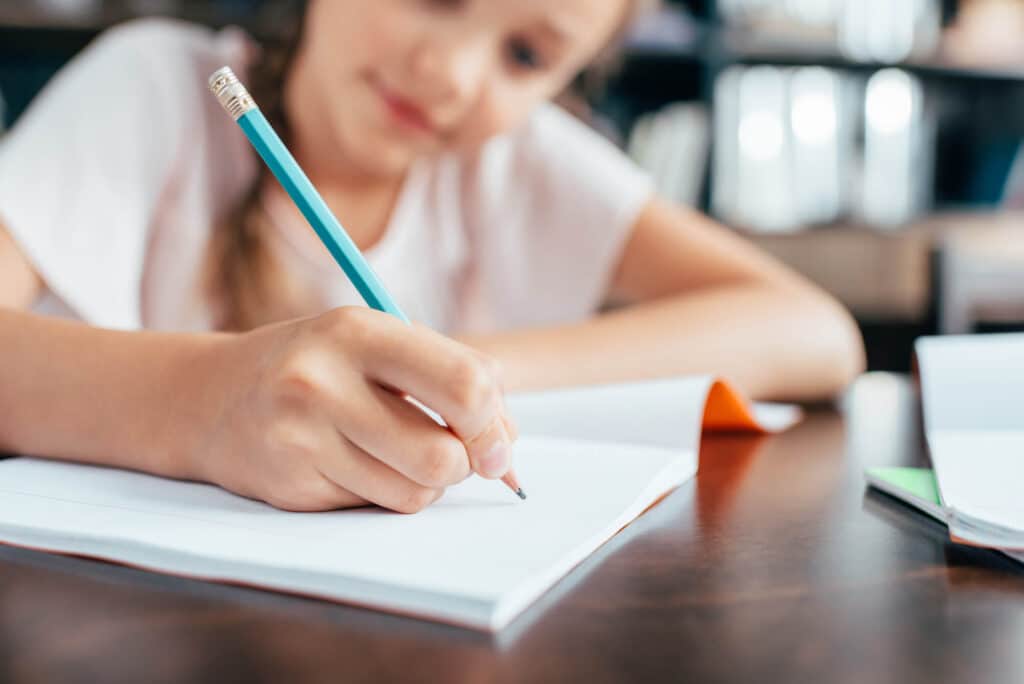
There are a lot of fun letter writing learning activities that kids can do over the summer. This post has a list of friendly letter writing activities and ideas to get your child started.
Build a lemonade stand
Nothing says summer like an adorable roadside lemonade stand! Offer your assistance, guidance, and supervision while your child creates their own lemonade stand. They’ll get practice with math, business, and life skills throughout the process. Take it a step further by having your child create a mini-business plan beforehand with prices, goals, and a creative vision to catch people’s eye!
Incorporate kids in a yard sale
Purge your home of unneeded items while you help your child build math and life skills by getting the whole family involved in a yard sale. Your child can be in charge of handling the money and making change for any customers you get. Provide an excellent challenge by having your child research and price each item. This is a great opportunity to talk to kids about how the value of items might change over time and with use.
Make time for arts and crafts
Research shows that art can be extremely beneficial in young children’s academic and emotional growth and development, so it’s an excellent activity to include if you’re looking for ways to prevent summer learning loss.
Visual art activities like painting, drawing, and making collages build students’ math skills by helping them identify shapes, recognize patterns, and understand spatial relationships. Try learning to draw or paint something new with your child by watching directed drawing or how-to-draw videos like this one that shows how to draw a Monarch butterfly.
Write a play and act it out
Engage your child’s creative side by prompting them to write and star in a family or community play. Creating characters and writing the play will prevent the loss of writing skills over the summer, while acting in it will build on reading, speaking, and language skills.
Give your child a simple prompt to start with and see where their imaginations take things!
Schedule time to review math concepts
In addition to finding ways to practice math skills in real-world situations, kids will also need opportunities to practice grade-level math concepts in a more targeted way.
Math practice pages are okay, but make sure to provide some hands-on activities as well. Have your child play online math games that practice the skills your child learned during the school year to prevent learning loss in math.
Take trips to museums, zoos, and outdoor nature parks
There are often many free summer programs for kids at these places that have hands-on experiences kids enjoy.
Virtual field trips are another fun and educational activity kids can do over the summer. Keep writing skills sharp by using a summer journal. Ask your child to write about a few things they learned at each outing or from books they are reading.

Set aside time for science
Science concepts and skills can also decline with the summer slide, but if you make time for a few enriching science experiments during the summer, that loss is easily mitigated.
This post has lots of simple science experiments kids can do at home. Most, if not all, of the activities use simple materials that you probably already have at home or are available at the dollar store.
Use a Summer Learning Menu
Summer learning menus are excellent resources to keep kids on a routine with their learning throughout the summer.
Our Summer Learning Menus include 7 activity choice boards filled with fun, educational activities that don’t require any devices! They address skills in all subject areas: writing, math, reading, science, and language arts.
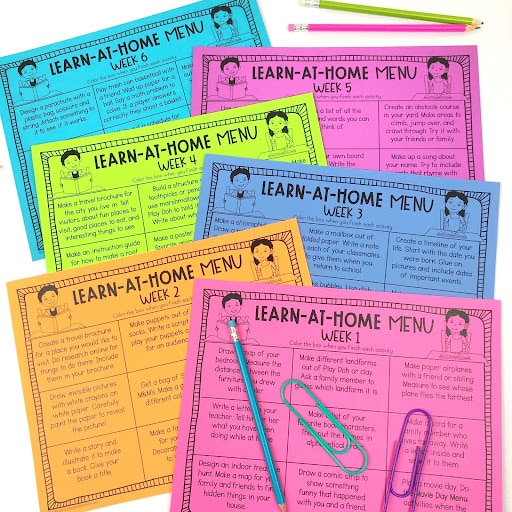
Choose from three grade levels:
First Grade Summer Learning Menu
Second Grade Summer Learning Menu
Third Grade Summer Learning Menu
Choose the grade level that your student is completing this year. For example, if your student just finished 2nd grade, choose the Second Grade Summer Learning Menu.
I hope these tips are able to help you prevent summer learning loss for your child this summer. Don’t forget to pin this post to come back to later!
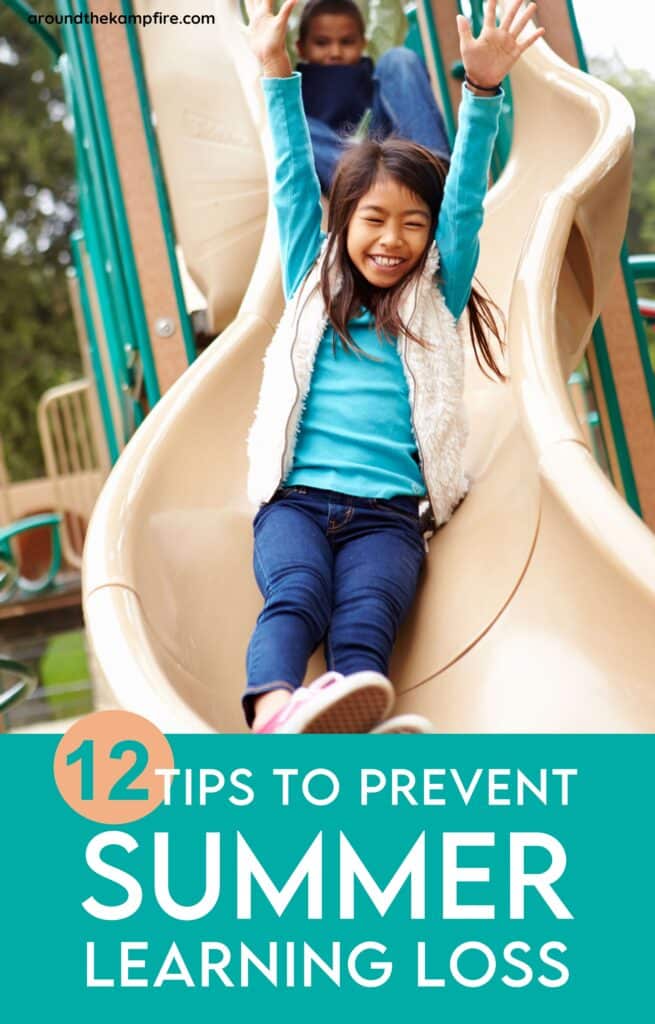
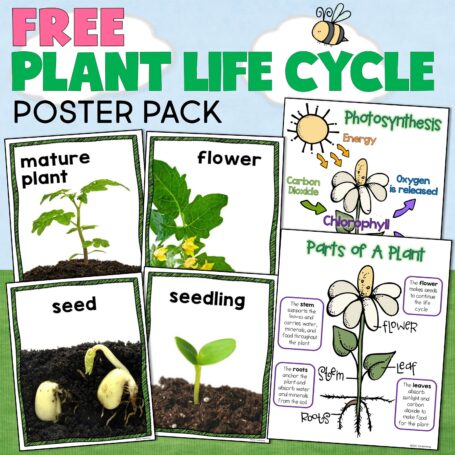
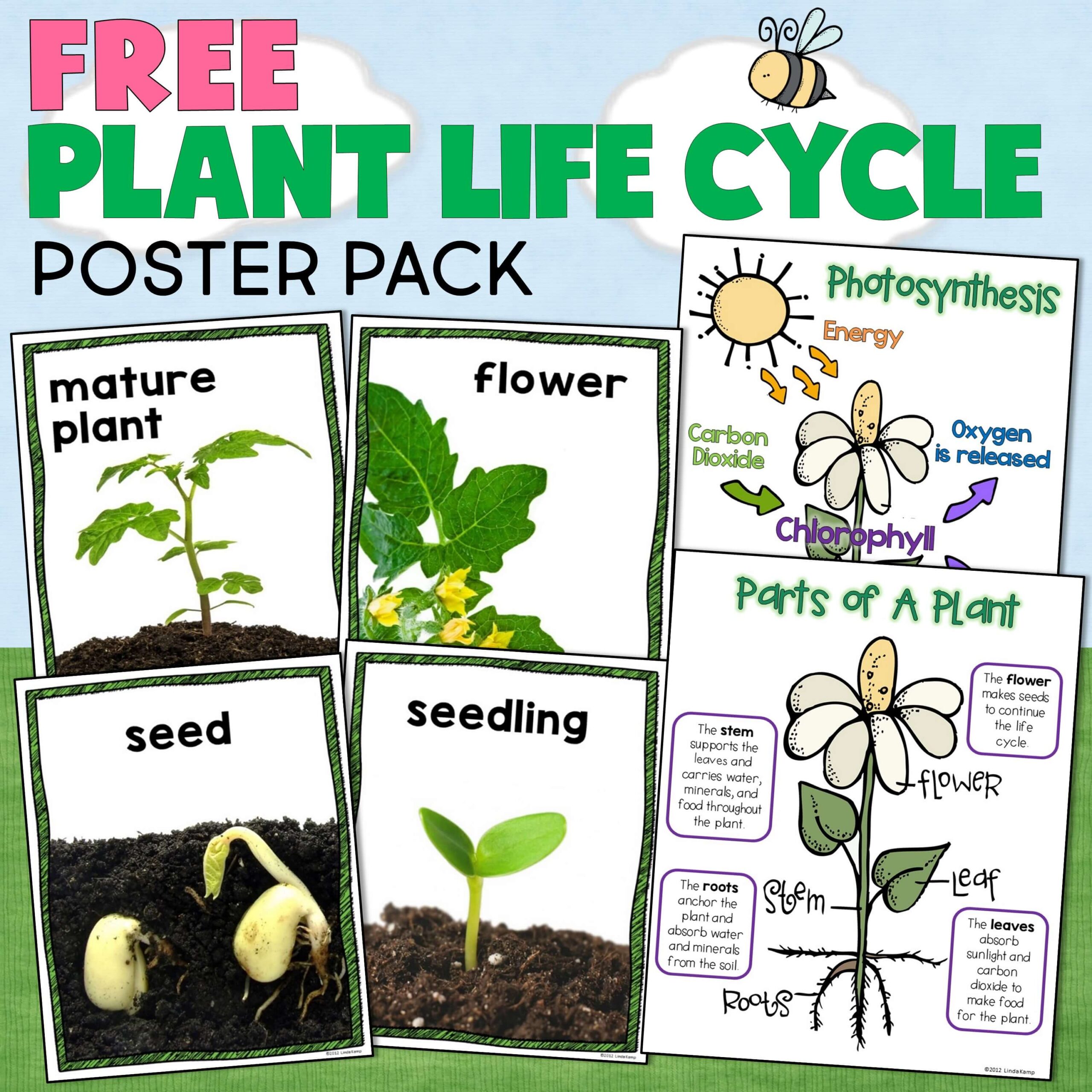
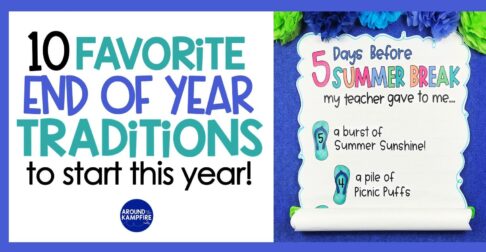
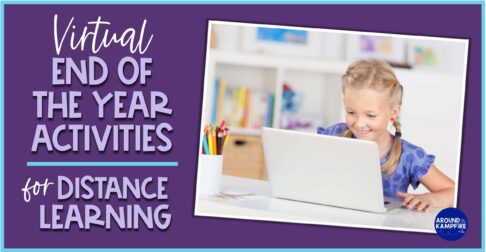
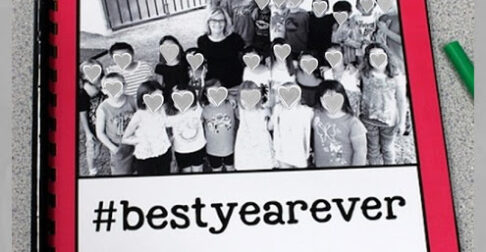

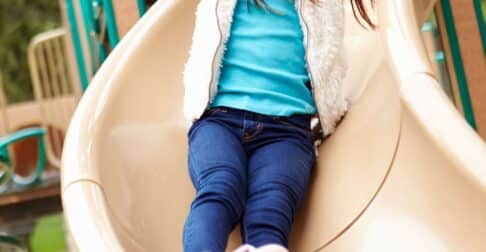

Leave a Comment